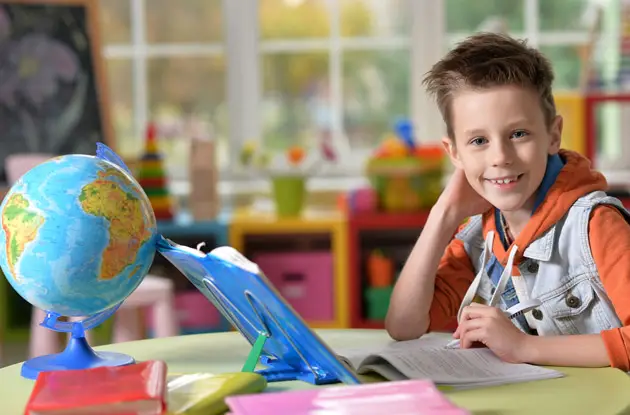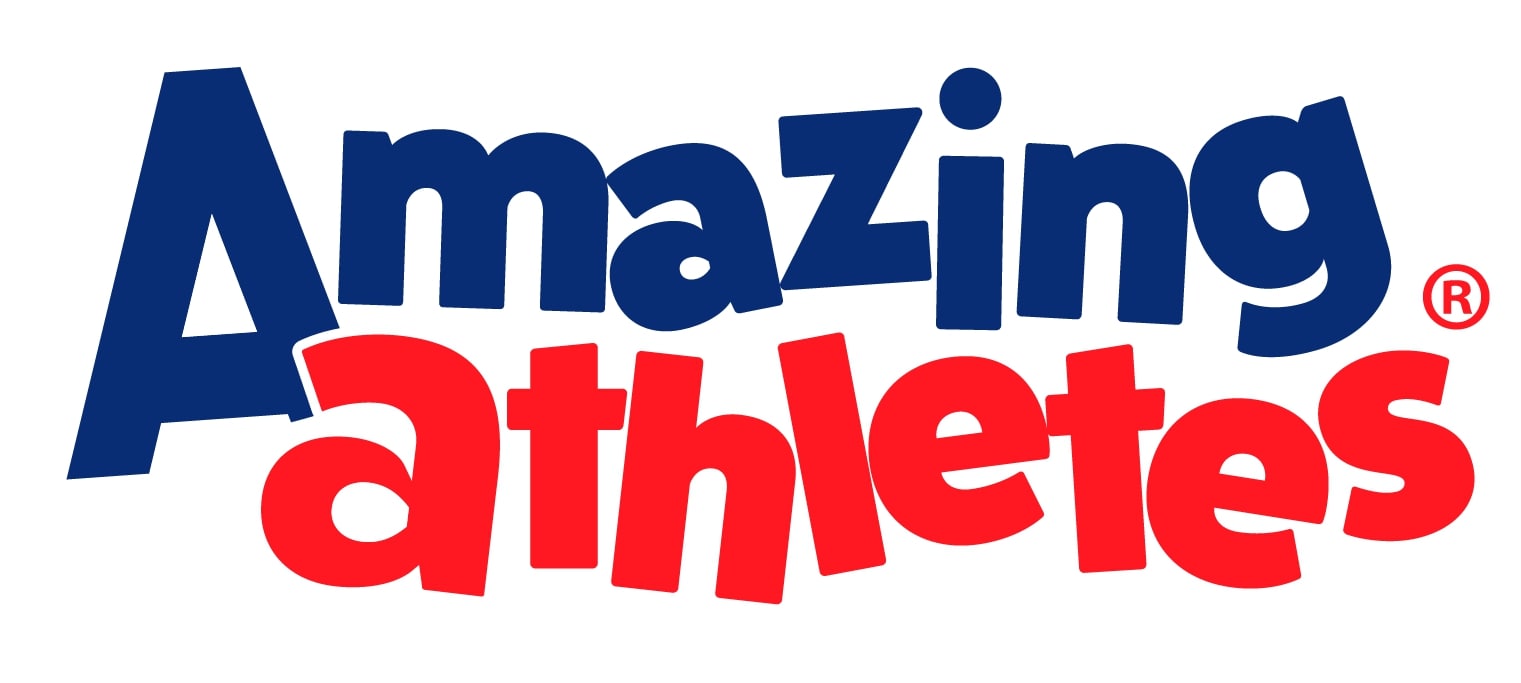
Education and Tutoring: Help Your Child Overcome a Fear of Failure
Kids will naturally stumble on the road to learning—and they need to know that's okay.
Get can’t-miss family activities sent to you!
Get the Best Kid-Friendly Activities
Sent to You Weekly!
Learning is an active, symbiotic process, and the instructor of any lesson is as entrenched in the dynamic as the recipient of said lesson. The universal constructivist framework posed by Piaget addresses the individualistic complexities of each learner, and recognizes that there is a synthesis between the receptive mind and the world around it that must be considered.
Teaching is not batting practice, with a coach tossing a ball to an expecting batter. Education, ideally, is a delicate dance whose leader is indiscernible. It is an abstract painting that depicts tenor and topic simultaneously. It is a rainfall whose parachuting pearls of piddle merge with the awaiting Earth in a collision of purpose and design. The emotional experience of a child is just as relevant as the intellectual one, even in school. Success in the face of difficulty requires effort; effort is supported by trust; trust requires courage; and courage is the spirit that enables a person to face difficulty.
Self-Awareness Leads to Success
Many kids, as they reach their preteen years, will subconsciously decide that they prefer quitting to failure. Strengthening the muscles of patience and persistence at a young age is vital, particularly nowadays, during the age of Google, when the answer to every question is immediately available.
Before we can ever learn, we must first admit that there is something we do not know. The confession of this frailty requires a certain amount of meta-cognition and self-awareness. In order to thrive, children must be able to look favorably upon their inescapable limitations during these moments. Having the freedom to fail is empowering, as temporary defeats of the moment (trying/learning) can lead to longstanding triumphs in the future (comprehension/mastery).
All thought is symbolic, and emotions are but a vague representation of our inexact response to what we consider to be irrefutable reality. Our feelings can inform our thoughts, and vice versa, and the stimuli that inspire our feelings and thoughts are just as much a catalyst for these internal processes as they are a consequence of them. Children are a combination of these catalysts and consequences, and their ability to succeed in the face of novel academic challenges is predicated on the acceptance of the unpleasant emotions related to momentary confusion and potential failure.
The Solution Starts With You
In attempts to reach the impressionable mind of a child, we must practice self-awareness; there is no way to speak to another if first we cannot hear ourselves. If we expect a child to learn, we must also expect ourselves to be able to do the same. Becoming aware of who we are, and who we are not, is an ongoing process, but it almost always begins with accepting limitations, both our own and those of others. This way, we can help a child discover the courage necessary to enact growth and continue to put forth effort, instead of quitting due to a fear of failure.





